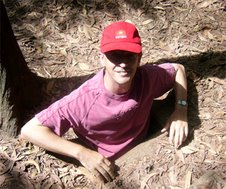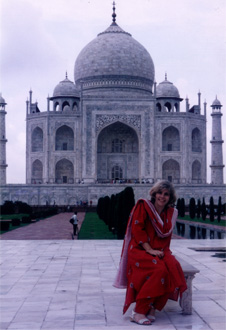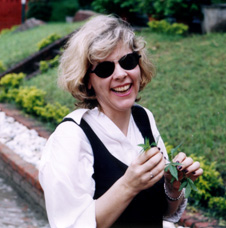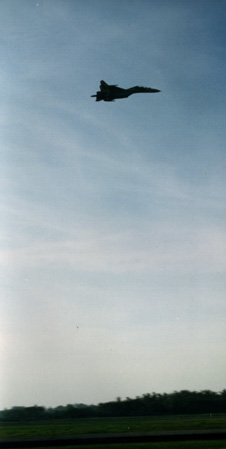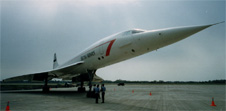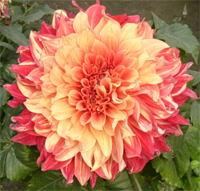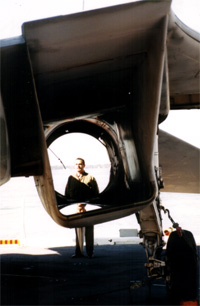In Lincoln Inn Fields
 Lincoln Inn Fields is a very pleasant London park well hidden from the regular tourist beat, not far from Fleet Street and the British Museum. When I dropped past it was home to a couple of homeless men who were stretched out asleep in the sun, while other "classes" played tennis nearby. The sleepers were in stark contrast to the towers of the Courts of Justice nearby or the residences of Holborn. Typical of any city really.
Lincoln Inn Fields is a very pleasant London park well hidden from the regular tourist beat, not far from Fleet Street and the British Museum. When I dropped past it was home to a couple of homeless men who were stretched out asleep in the sun, while other "classes" played tennis nearby. The sleepers were in stark contrast to the towers of the Courts of Justice nearby or the residences of Holborn. Typical of any city really.In Lincoln Inn Fields
I will lay me down
Under Holborn’s money towers
My bed a public lawn.
In Lincoln Inn Fields
The thok of happy tennis
Played by “your Honour”
Reaches my ear on the lawn.
Behind Lincoln Inn Fields,
Lawyers wigs for sale.
My head is crowned with grey:
Backpack pillow on a damp lawn.
At Lincoln Inn Fields
I read inscribed in stone
Second Viscount of Hambeldon was
A man unselfish – to the bone.
In Lincoln Inn Fields
I dream that such might be
But Second Viscount anything
No hand stretched out to me.
Ah, in Lincoln Inn Fields
“neath singing maple leaves
My chancery lawn is bed enough
Wrapped in a summer breeze.
But Lincoln Inn Fields
Is a harpy when she’s drawn,
You’ll find my bed has shifted
Come autumn’s chilly dawn.
From Lincoln Inn Fields
I’ll shift, tho not very far,
Sadly not under any tidy roof,
Of Holborn’s slate and tar.
Homeless at Lincoln Inn Field
Pack for pillow, lawn for bed
Holey socks and rubbish bin coat
Bad dreams in this down, grey head.
Play your tennis,
Shout your sporting joy,
Relish your Chancery high houses
Justice cares less for this old boy.
I’ll settle for the thrush and blackbird
The Constable cloud wallpaper
The orchestra of the rustling maple leaf
And, alas, the lawn of the Lincoln Inn Fields.




















